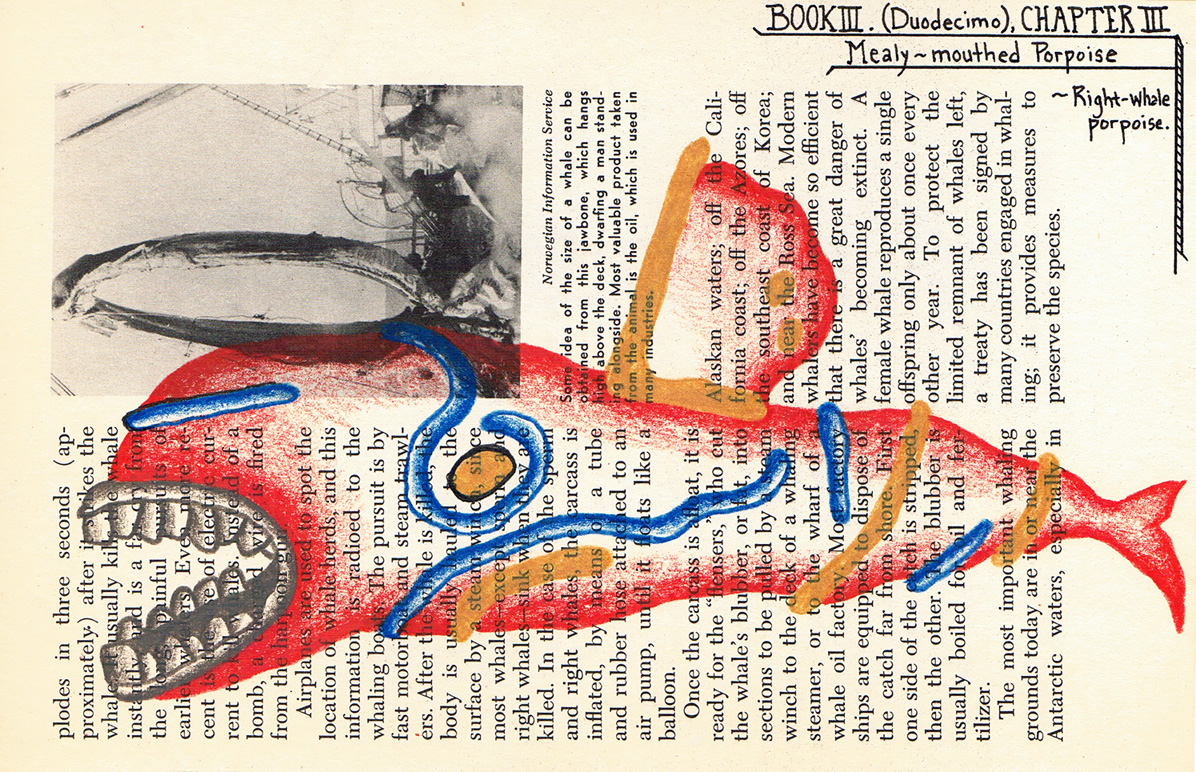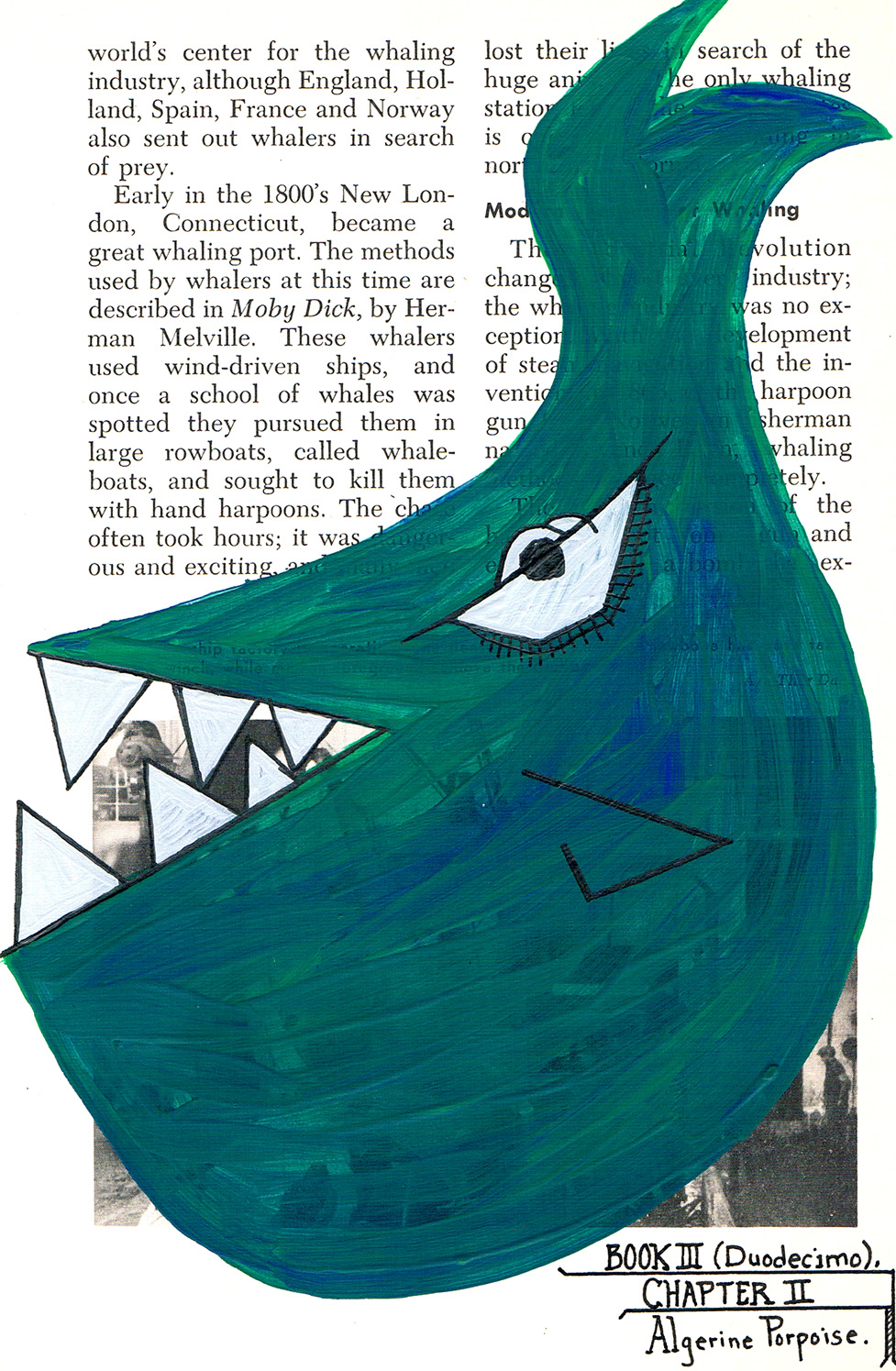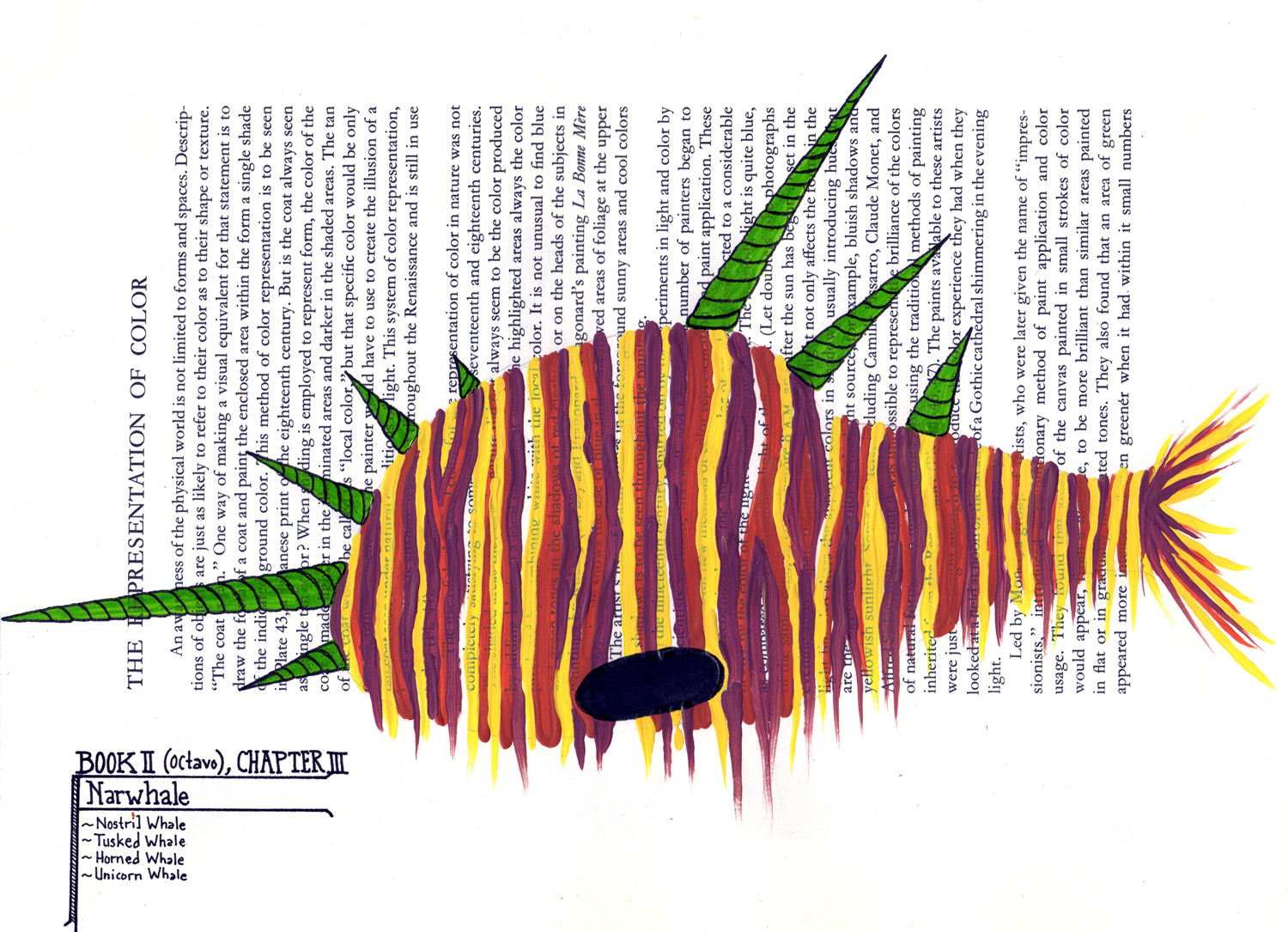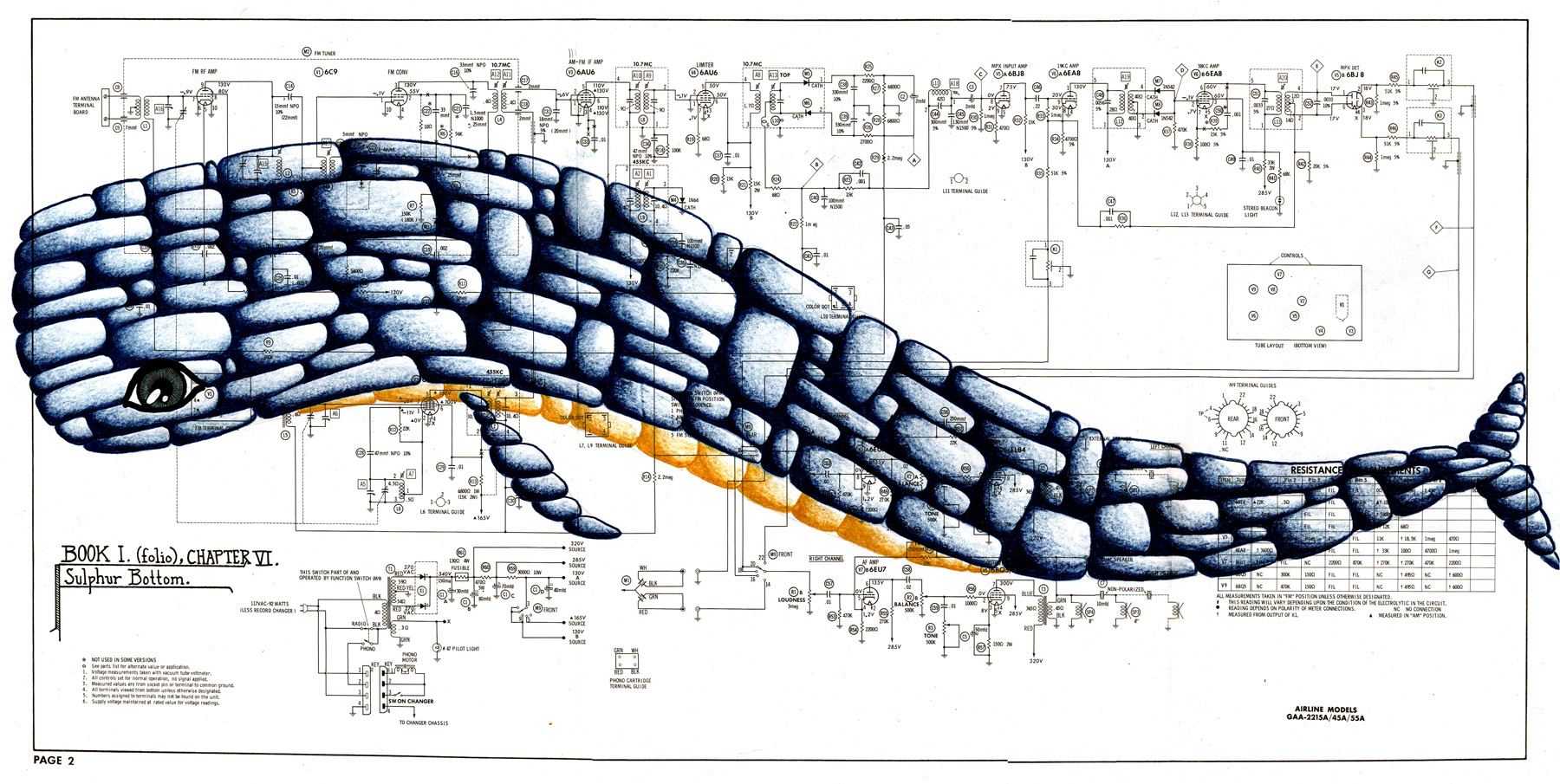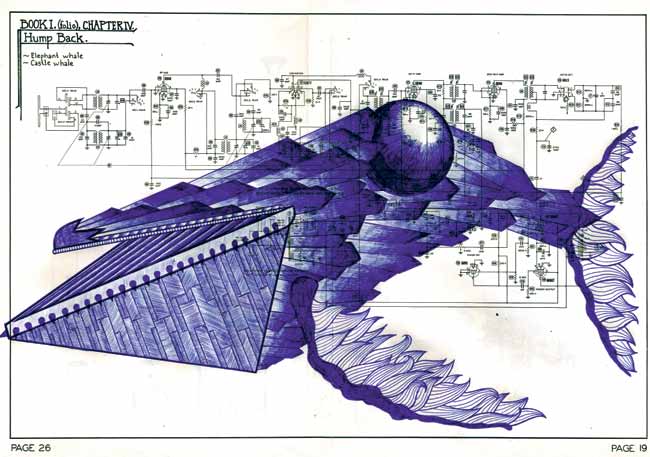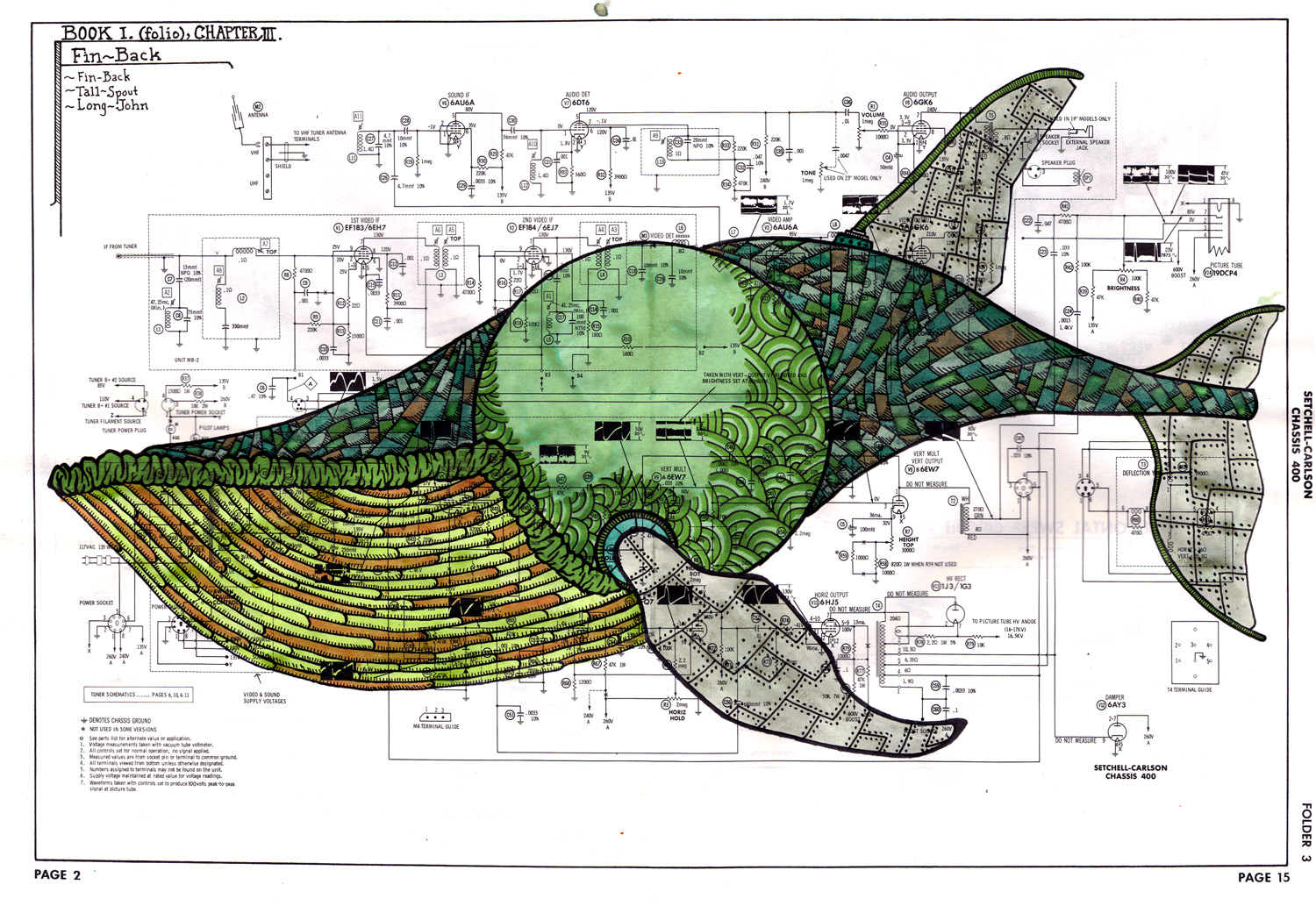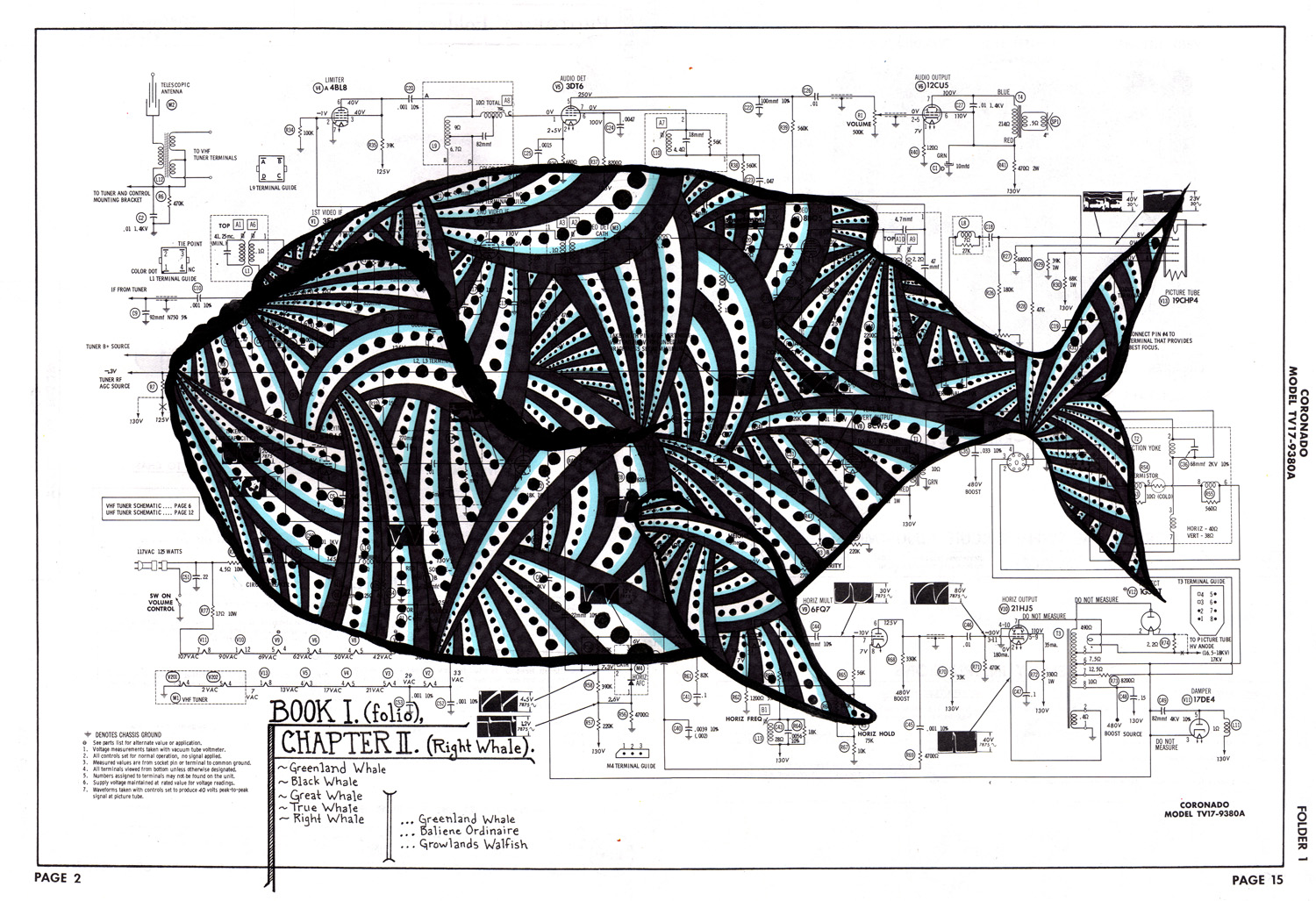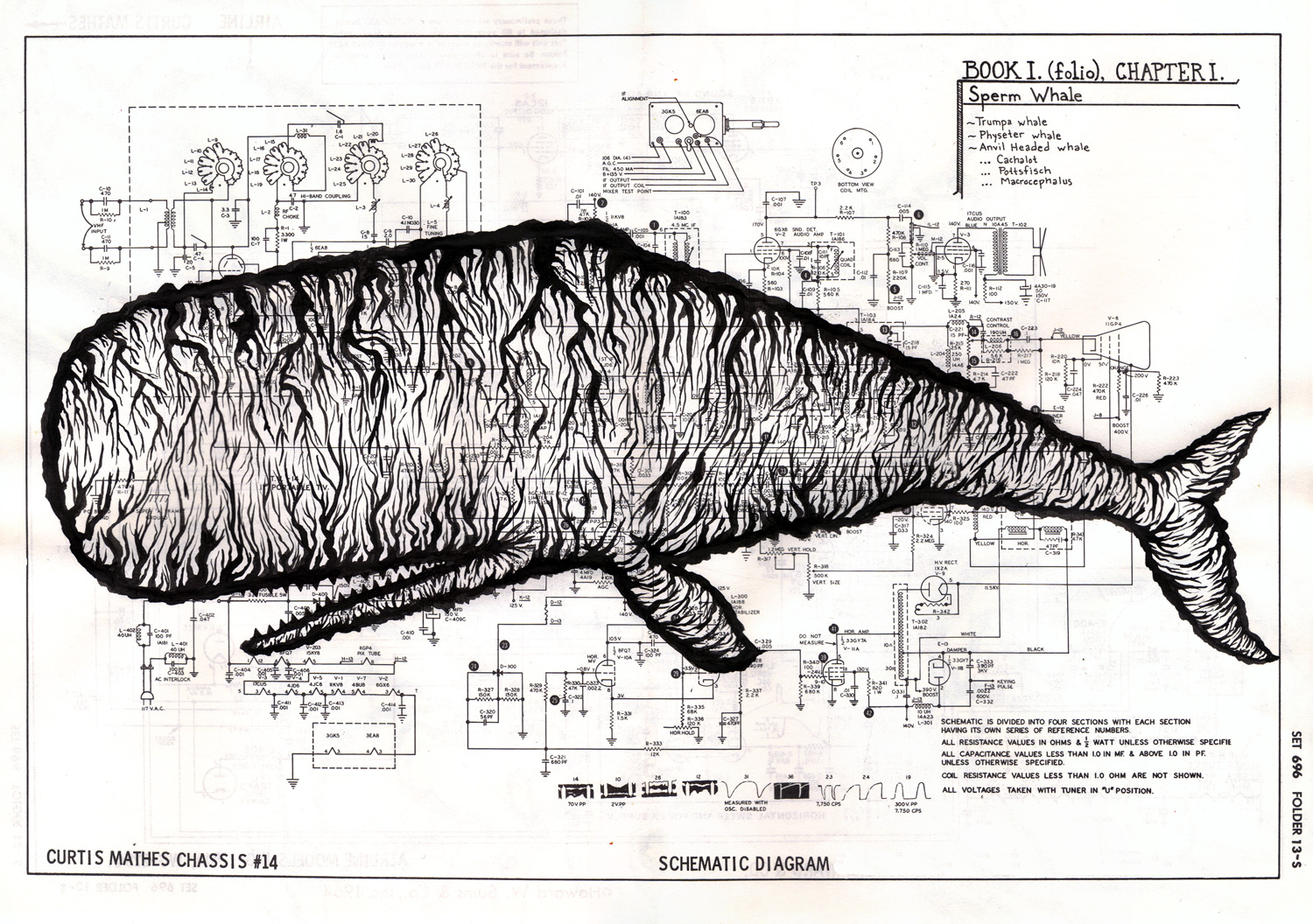Story Prize Names 2011 Judges
The eighth annual Story Prize, the twenty-thousand-dollar award given for a short story collection, will be judged by an award-winning fiction writer, a translator and international literature scholar, and a memoirist who curates a celebrated reading series.
Sherman Alexie, whose most recent story collection, War Dances (Grove Press, 2009), won the PEN/Faulkner Award, will be joined by Indiana University professor Breon Mitchell, who has translated the fiction of Heinrich Böll, Günter Grass, and Franz Kafka, among others. Completing the jury is Louise Steinman, curator of the Los Angeles Public Library's ALOUD reading and conversation series and author of the memoir The Souvenir: A Daughter Discovers Her Father’s War. The three will select the winner from a trio of finalists chosen by prize director Larry Dark and founder Julie Lindsay.
The Story Prize is still accepting entries of story collections published during the second half of 2011. Submissions must be made by November 15.
Finalists will be announced in January, and the winner announcement will follow an evening of readings and interviews with the finalists in New York City on March 21.





